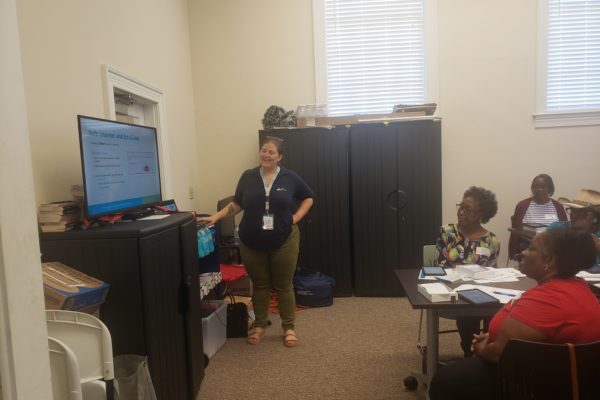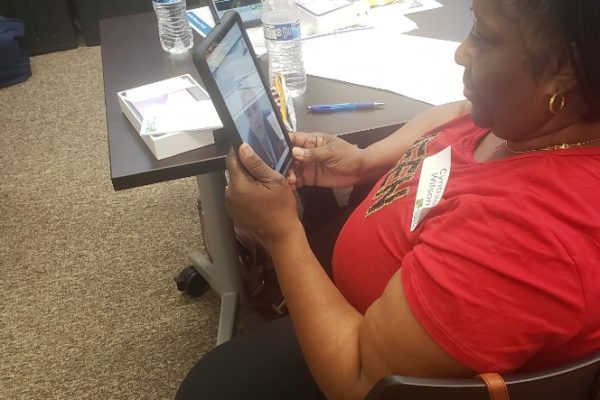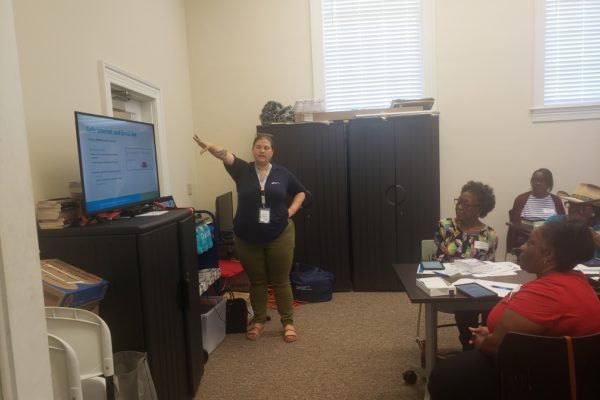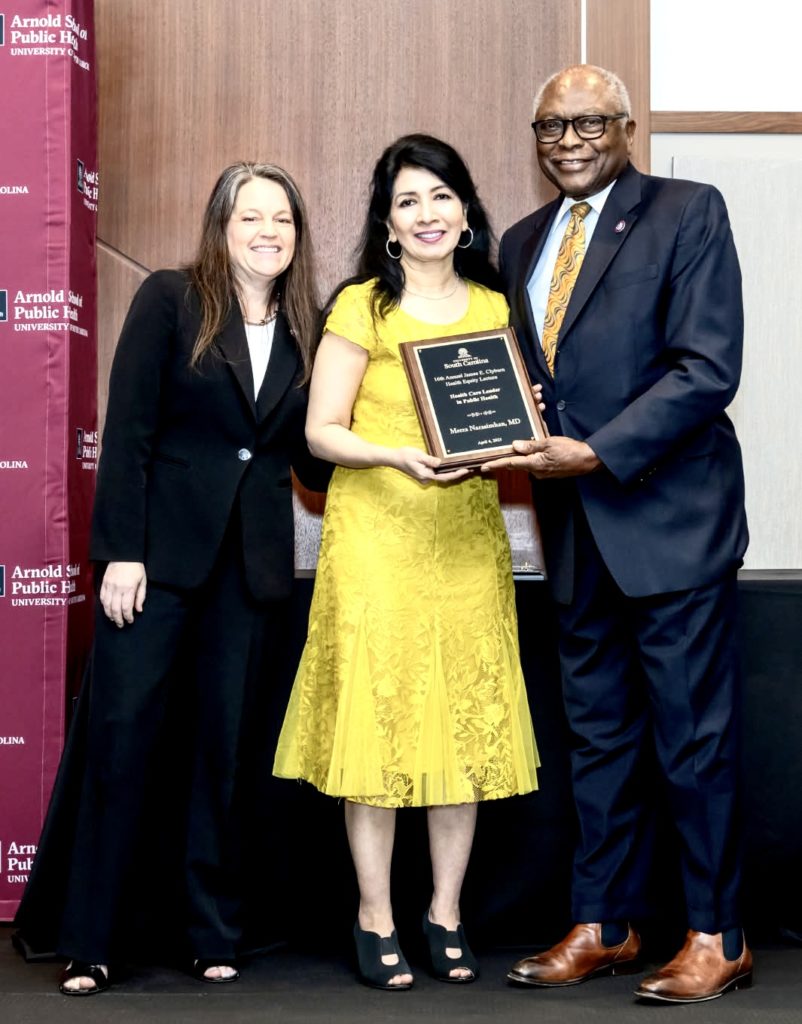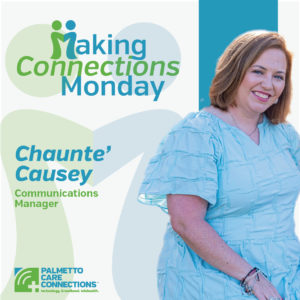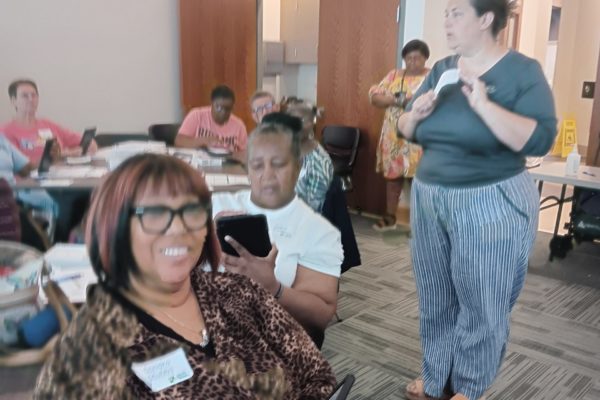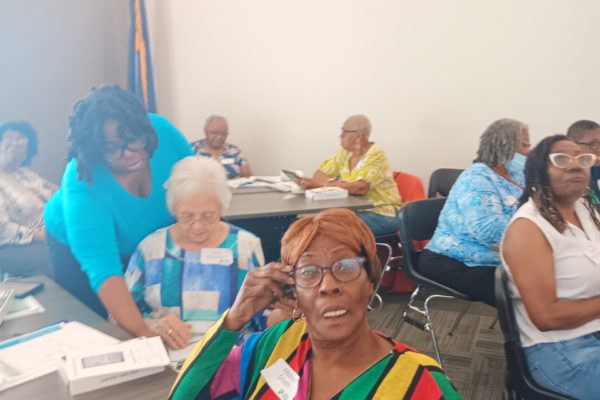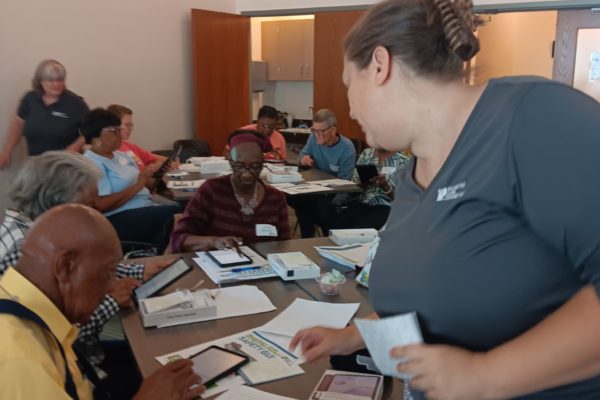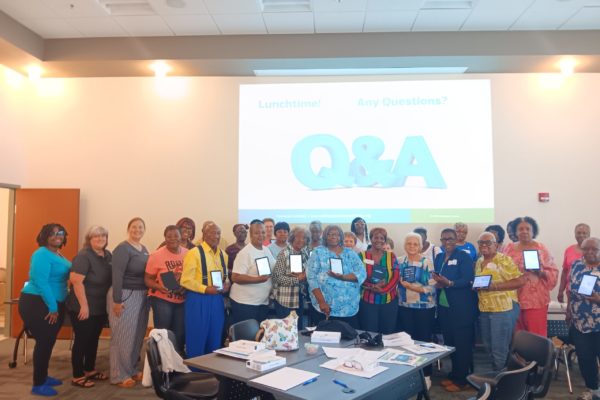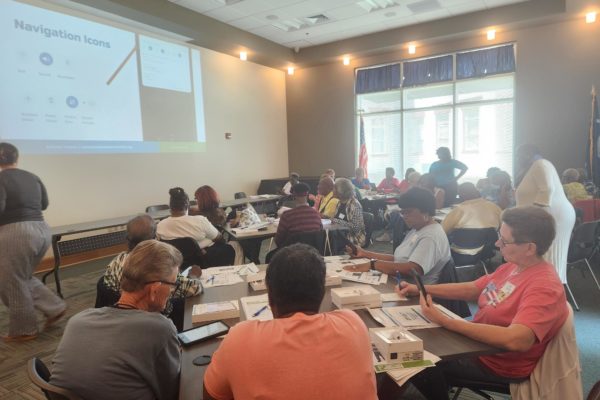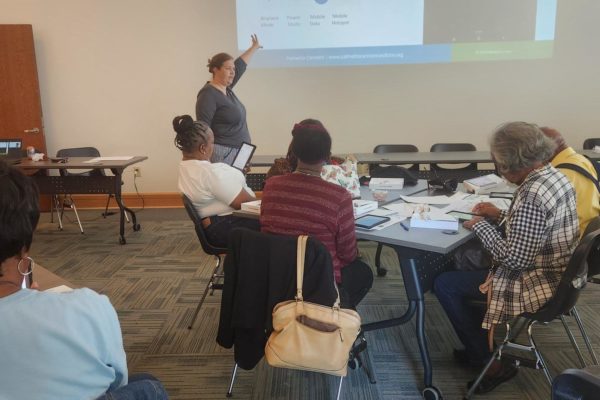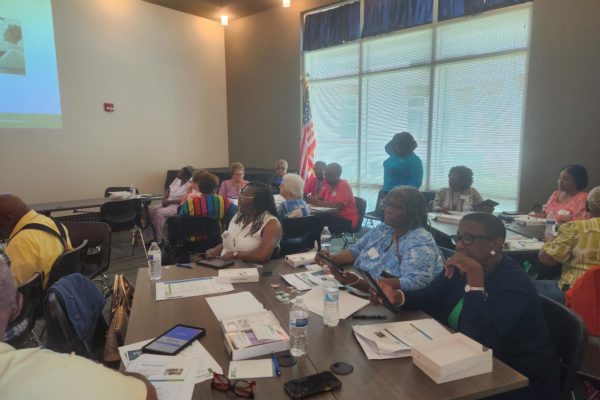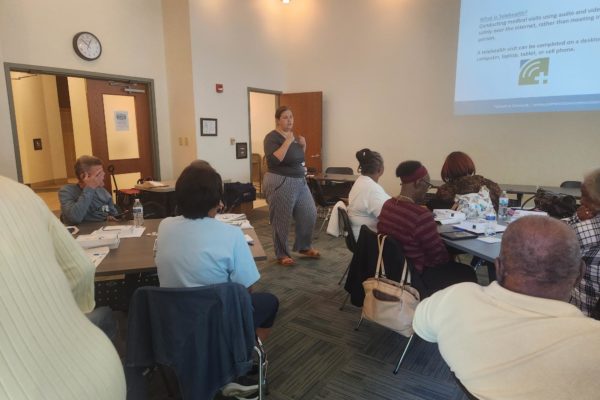By: Chaunte’ Causey, Communications Manager, PCC
June is recognized as Post-Traumatic Stress Disorder (PTSD) Awareness Month, a time to highlight the lasting effects of trauma and emphasize the importance of accessible mental health care. PTSD can affect anyone who has experienced or witnessed a traumatic event—combat veterans, survivors of sexual assault or domestic violence, first responders, and even those impacted by serious accidents or natural disasters. It’s not just a personal issue—it’s a public health concern.
At Palmetto Care Connections (PCC), we are committed to increasing access to care in rural communities, especially for behavioral and mental health. Through telehealth, people living in remote areas of South Carolina can now receive timely support for PTSD without the delays of distance or travel.
Telehealth Resources for PTSD in South Carolina
Here are several telehealth programs in South Carolina that support individuals living with PTSD:
1. MUSC Health’s Telehealth Resilience & Recovery Program (TRRP)
This trauma-informed program supports patients who are recovering emotionally from serious injuries. TRRP provides education, mental health screening, assessment, and treatment through secure telehealth technology. Whether you’re in a hospital or at home, support is available via phone, tablet, or computer.
2. MUSC Telehealth Outreach Program (TOP)
TOP brings evidence-based, trauma-focused mental health services directly to children and adolescents who’ve experienced trauma. This telehealth service ensures that even students in the most rural school districts can access the support they need without leaving their communities.
3. South Carolina Department of Mental Health (SCDMH) Telepsychiatry Program
SCDMH’s telepsychiatry network provides thousands of psychiatric consultations each month, many of which occur in rural hospitals and community clinics. It’s a proven way to connect patients to licensed professionals without delay, especially in areas where providers are scarce.
If you think you may be experiencing symptoms of PTSD, a self-screening tool from the National Center for PTSD is a good first step. It’s free, anonymous, and helps determine whether you should seek a formal evaluation.
You’re not alone. PTSD can be isolating, but treatment is effective and help is closer than you think—especially with telehealth. This June, let’s raise awareness and expand access to the support so many South Carolinians deserve.

